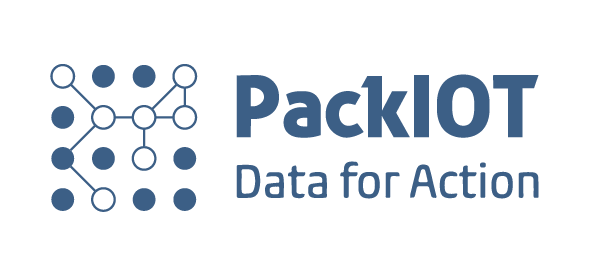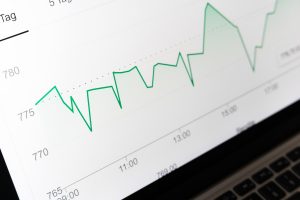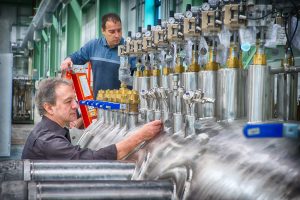MES or Production Analytics: What Is The Best Solution for My Packaging Factory?
By Mariana Costa, Marketing Specialist at PackIOT Production Analytics is not the same as Manufacturing Execution System - MES. Both are different tools with different goals. We want to help you understand and spot the main differences between these two distinct systems and hopefully help you make better decisions for your factory in the future. The goal of any manufacturing analytics application is always to increase capacity, productivity and throughput. Basically, what all this means is doing more with the same already existing resources. This is achieved by using machine and operator data through which is possible to find and eliminate bottlenecks in the manufacturing processes. In this sense, MES software might present some limitations. While it is possible to identify common functionalities between production (or manufacturing) analytics and MES they are completely different tools used for different jobs. 1_MES - Manufacturing Execution System MES is an information system that leads the execution of manufacturing operations. The goal is always to achieve and maintain high performance. To meet these goals MES is able to perform and complete a group of tasks on the factory floor that are integrated with other systems across the organization: Monitor and enforce…






